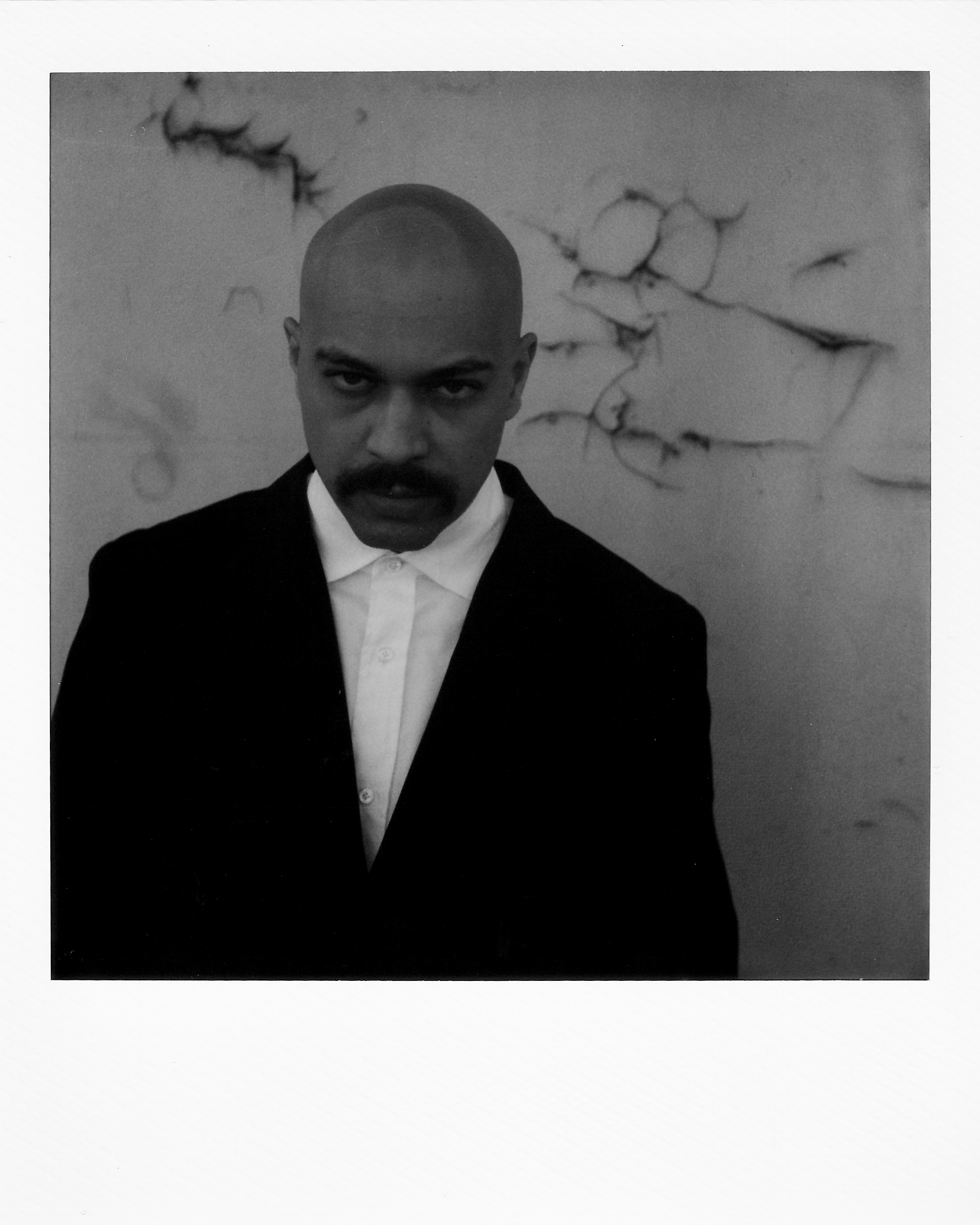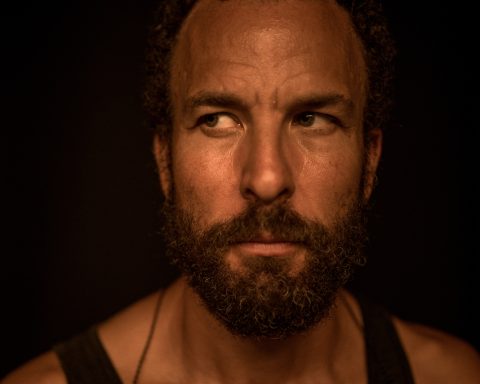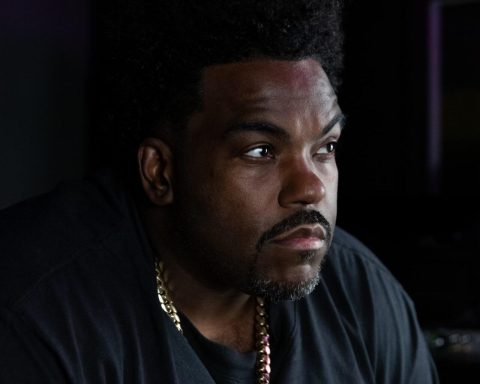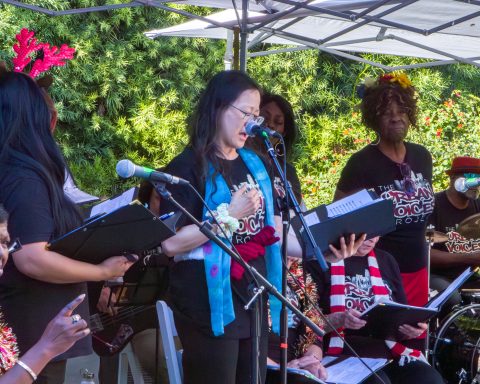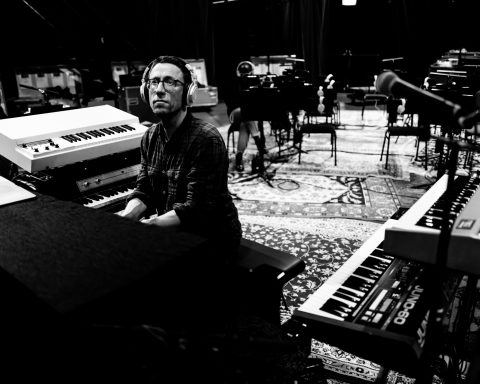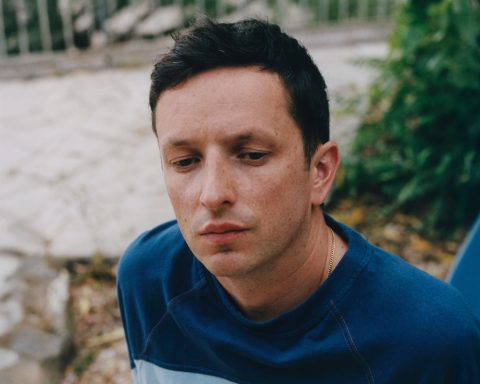The element of chance has long played a role in artistic success—from the first actor discovered on the street to the advent of social media. These days, algorithms control much of our experience, down to the music we get fed. This phenomenon means many musical acts can achieve a breakthrough streaming hit without traditional touring or promotion. For Aryan Ashtiani, aka Mareux, the viral success of his creative interpolation of “The Perfect Girl” by the Cure arrived six years after its 2015 recording. It couldn’t have been less premeditated. “I was on AZlyrics.com ’cause I couldn’t figure out what to sing over this beat,” Ashtiani says. “So I clicked on a random Cure song and was like, ‘Oh, this works.'”
Early Efforts
When did you begin creating music?
When I was 10 or 11, messing around, I first picked up a guitar. Then I started playing stand-up bass in the orchestra. Somewhere in high school, I started messing with music production on the computer. I got serious about writing music when I was 18 or 19. That was when I was intentionally trying to record and make a song. I think I was using a program called Mixcraft. Then, I used FL Studio from then on, since it was ubiquitous.
What was the vibe of the music you were writing at that time?
I don’t even know—electronic something. Then I tried making French electro, house music. It’s got the core basics. As I got more comfortable, I started making bedroom pop. This was 2011, the era of chillwave. But it was all bad. Everything was garbage. It took me four years to make something somewhat listenable. That’s when I made “The Perfect Girl” beat, which I turned into a Cure cover.
Cool Confessions
Your music has been called confessional. What does that word mean to you?
I’ve seen the same stuff. I try to make shit that sounds cool and cinematic and vibey. I want people to feel cool when listening, like it’s the soundtrack to their life.
Early on, I poured my heart out into the lyrics. But I’ve gotten less sentimental over the years and now focus on making fun, cool tracks people will enjoy. I can’t even listen to the older stuff ’cause I’m cringing at myself. But other people, especially younger kids, like to relate to the stuff, and I’m happy about that.
"Early on, I poured my heart out into the lyrics. But I've gotten less sentimental over the years and now focus on making fun, cool tracks people
will enjoy."
Cinematic Background
Films by Andrei Tarkovsky, Alejandro Jodorowsky, and Hype Williams provided inspiration as you recorded. Have you always been a movie buff?
I was a business major. The summer before I transferred, I changed my major, so they let me into the film studies program. But I barely went to class. I just stayed home and wrote music the whole time. If you asked me about film analysis, it was never my thing. I was forcing it. But what I did want was to make music for films. Ultimately, I think I was destined to write music and produce. But I still watch movies all the time.
Creating a Vibe
Nonstop Romance has a woozy out-of-focus sound. What are some of your tricks for achieving this vibe?
It’s just experimenting with like effects. I use an amp simulator on a bunch of stuff. It has a lot of cool presets. I learned that from Justice. I love throwing effects over synths, my basses, and everything. Sometimes it gets too much, and on some songs it’s a wall of noise. I grew up in the early SoundCloud era, where everything sounded over-compressed and messed up. This record is a nod to early Internet electronic music.
What part does writing lyrics play in your process? When does it occur?
Words come last. I’m a producer guy—I love making beats. I’m not a great singer or anything, but I have made it work for me the best I can. The whole like lyrics thing, sometimes it comes to be very easy, but it’s usually like the hardest step in the process because I don’t wanna ruin a beat. Now I freestyle over a song and try different vocal melodies. It’s all very chaotic. Ultimately, it’s whatever sounds good.
"While I was in a master's program to be an assistant physician, the song blew up. Then I started getting calls from record labels trying to sign the song off to them."
A Lowkey Phenomenon
How did going viral with your cover of “The Perfect Girl” by the Cure change your career?
I first put it up on SoundCloud in 2015, which happened to be on Robert Smith’s birthday—totally coincidental. Stars aligned for that one. I wasn’t promoting myself.
Between 2011 and 2020, the songs weren’t even on any distro or anything. I was broke and doing a normal career-type thing. Before he was my manager, my manager sent me a YouTube link. The song had about 30,000 views, which was huge at the time. I saw that, and I was like, “Maybe I should list it on Spotify, Apple Music.” So I threw it on there in 2019. It chilled and was gaining momentum.
While I was in a master’s program to be an assistant physician, the song blew up. Then I started getting calls from record labels trying to sign the song off to them. Two to three months later, I got the first royalty check from that song. When I saw how much it was, I was like, “OK, maybe I should career change again.”
Eventually, I signed a deal with Warner. At first, they just signed one song with an option for another album. They saw how well that song was doing and took a chance and accepted the option. It’s hard for these things to pop off right away. You kind of have to let ’em marinate.
Waves of Synths
Los Angeles has such a vital darkwave community. Do you see yourself as part of that genre?
I don’t want to say I’m like the face of darkwave or anything, because it’s disrespectful to people who actually work in that genre. Any moody electronic music gets lumped in with goth. I’m not outwardly goth; I just look like a normal guy.
You clearly love synths. What do Roland JU-06A and D-05 add to your sonic palette?
I love those things. They sound great and take up no room, which is the most important thing because I have other reissues, and they take up massive space. I still use those, but it’s nice having synths on your desk within reach, which is why I like the Roland Boutique stuff. I used a lot of the presets on the last record. I love the D-O5 so much. It sounds so awesome.
"It's nice having synths on your desk within reach, which is why I like the Roland Boutique stuff."
Romantic Influence
Who are some of the artists, composers, and producers who had the most significant influence on the Mareux sound?
Man, I’m the worst music fan. All my influences are from when I was a teenager and my 20s. I guess that’s a pretty common experience. My go-tos from then were Interpol, Ed Banger, and Justice. I don’t know if you’ve heard of Mr. Oizo. Then I got into poppy electronic stuff like Blood Orange.
Love and romance are at the core of the Mareux aesthetic. Where did that focus come from?
All I want to do is write love songs. I used to write sappy stuff when I was younger. These days, I’m happier and more secure with myself, and I’m trying to do more romantic and lighthearted stuff. You don’t have to listen to it right after you break up with your girlfriend. You can listen to it whenever.
